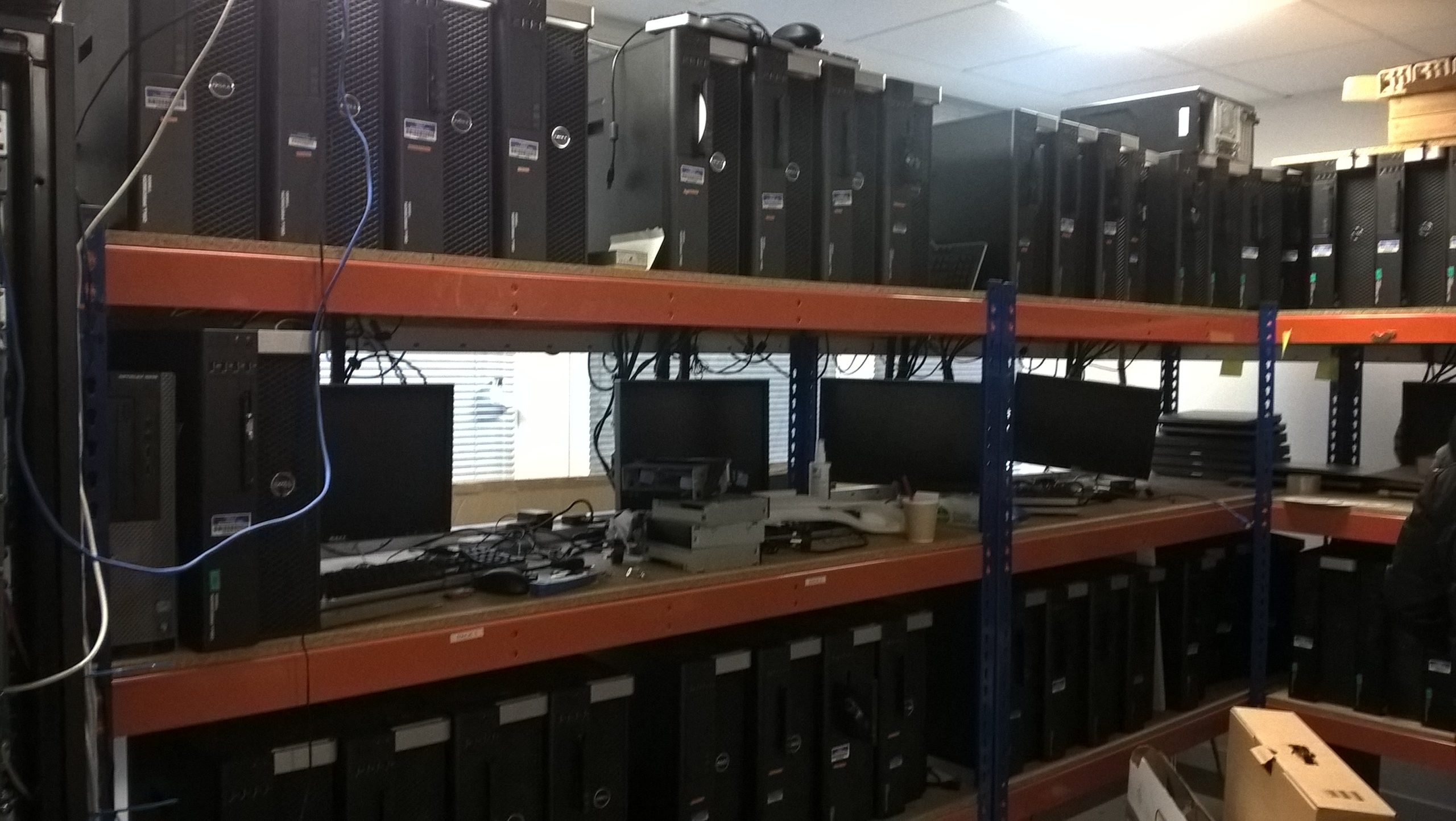Can Overworking a Computer Really “Fry” It? Debunking a Common Myth
Recently, a producer associated with the production of “Bayformers: 2” made a rather sensational claim: that loading one of the film’s CGI models could actually “fry” a computer. This statement sparked my curiosity, especially since it raises a question many tech enthusiasts ponder—can a computer truly be damaged from mere overuse?
In a clip from the production’s behind-the-scenes footage, captured around the 25:38 mark, the producer states that the intense demands of their CGI software could lead to catastrophic failure for their computer systems. You can view the original clip here: Watch the Clip.
As someone who may not be an IT expert, I find this assertion puzzling. From what I understand, it is unlikely for a standard computer to “fry” from a brief period of overworking, unless it has been purposely overclocked—a scenario I consider improbable in this context.
Most modern computers are designed with built-in safeguards to prevent overheating and excessive workloads. The CPU, for instance, manages its thermal performance by throttling back its operation if it becomes too hot. This adaptive behavior suggests that while demanding tasks could slow performance, they wouldn’t necessarily lead to permanent damage.
Could it be that the producer was exaggerating for effect? Perhaps they wanted to emphasize the intense computational requirements involved in high-end CGI work, but it’s essential to take such statements with a grain of salt.
In conclusion, while the world of CGI certainly pushes computer hardware to its limits, the notion that a standard machine could “fry” from a few moments of overwork seems more like an urban legend than a reality. It’s a reminder to approach sensational claims critically, especially in the fast-paced and often misunderstood realm of technology.
Share this content:



